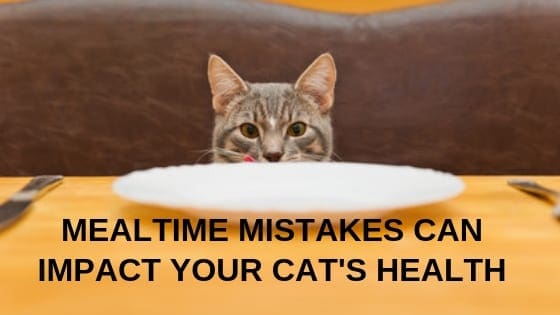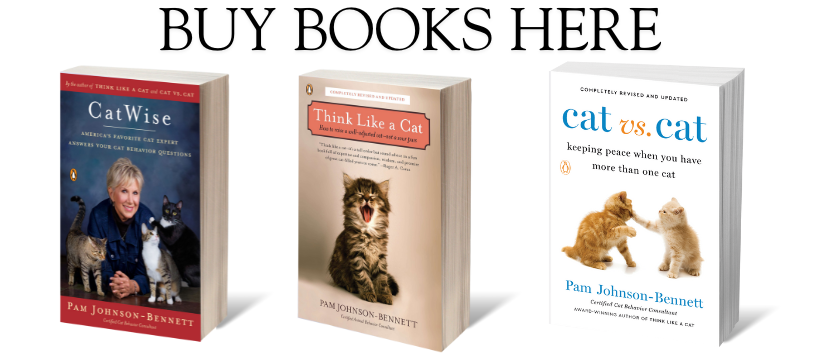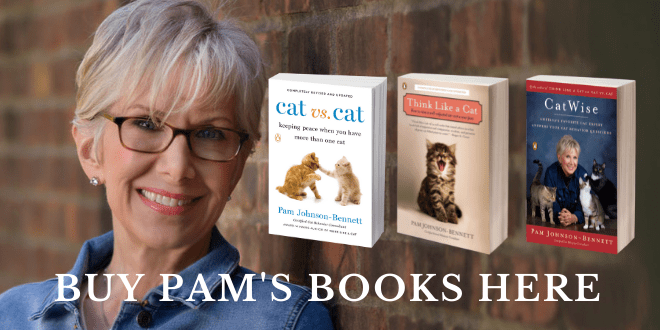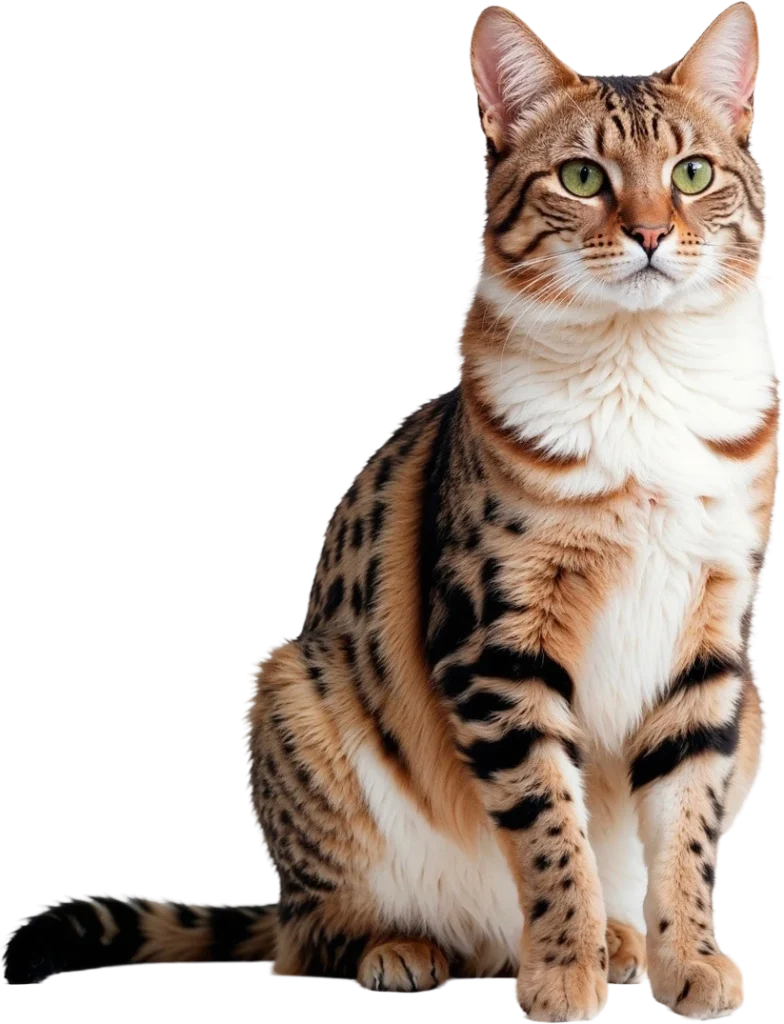
Cats are obligate carnivores and can only get much needed vitamin A from animal sources. They are unable to convert beta carotene from vegetable sources into vitamin A the way humans and canines can. Vitamin A must come from meat. Cats also need the amino acid taurine in their diet and unlike dogs and humans, their bodies can’t manufacture it. A diet deficient in taurine can lead to blindness and life-threatening heart problems.
Cats Need Meat
If you’re a vegetarian or vegan and you attempt to put cats on that same diet you’ll be seriously jeopardizing their health. Regardless of what your nutritional or ethical beliefs are, you must offer cats a well-balanced meat-sourced diet.
What about a homemade diet?
Good quality commercial cat food is specifically formulated to meet a cat’s nutritional needs. Cats require higher amounts of protein and fat than dogs do, and they also need a specific balance of carbohydrates, vitamins, and minerals. Cat food companies formulate their foods to meet the specific life stages of cats. Kittens need a different formulation than adult cats. Older, less active cats don’t need the same diet as a young, athletic kitty. Cats with digestive issues or other medical problems often need a prescription therapeutic diet. If you decide to do a homemade diet you have to make sure it contains the correct balance of what your particular cat needs during that life stage. All-meat or all-fish diets without other nutrients can cause serious nutritional deficiencies. If you’re considering doing a homemade diet, consult your veterinarian or a veterinary nutritionist for advice on whether that’s a wise thing to do based on your cat’s current health status, how to do it and what needs to be included in the diet. Homemade diets can be very beneficial is done correctly but if not done correctly, they can cause serious nutritional imbalance.
Considering a Raw Diet?
This is a controversial topic and you’ll find people are never lukewarm about the subject. If you decide to do a raw diet for your cat, as with the homemade diet, you must make sure there’s an appropriate balance of nutrients. With the raw diet you also have serious safety considerations to factor in. Talk to your veterinarian and do careful research before attempting to feed a raw diet. As with any nutritional direction you decide to take, do your research and make sure your choice is what’s best for your individual cat.
Whole Foods
You may want to consider subscribing to a whole food delivery service, or try one of the whole food brands available at your local pet product store. There are several companies offering this service.
Cat Food, Not Dog Food
Another mealtime mistake that some people make is to allow the cat and dog to share from the same food bowl. Cats require higher amounts of protein and fat in their diet. Because of this, it’s not unusual for the dog to try to swipe bites from the cat’s food bowl because that food is tastier. Allowing your dog to eat cat food can lead to medical problems such as kidney problems and obesity. A cat who is permitted to eat dog food won’t be getting adequate levels off protein, taurine, and fat. This can lead to serious and even life-threatening health issues.
Your veterinarian is the best person to consult when it comes to your cat’s nutritional needs. Your veterinarian will guide you based on factors such as your cat’s age, activity level, physical condition, and health.
Need More Information?
If you have a question about your cat’s behavior, you can find information in the best-selling books by Pam Johnson-Bennett. Pam’s books are available at bookstores and online. We’ve included Amazon links here on our website.
If you have a question regarding your cat’s health, please contact your veterinarian. This article is not intended as a replacement for your cat’s veterinary care. This article is for information purposes only and not offering medical advice or providing a medical diagnosis. Note: Consult your veterinarian before making any nutritional changes to your cat’s diet.



